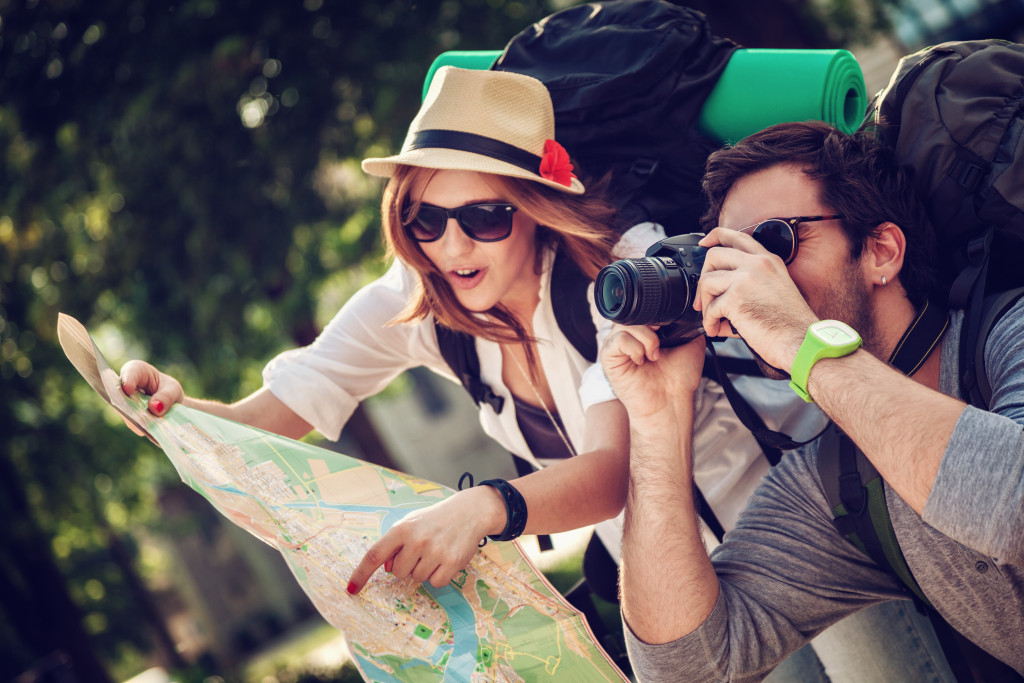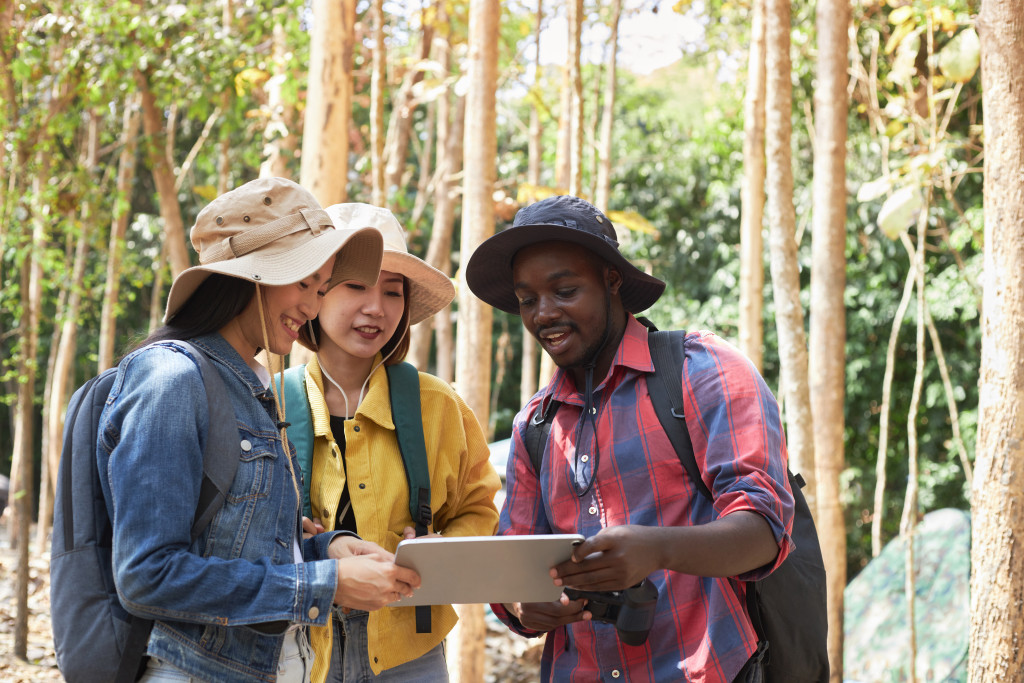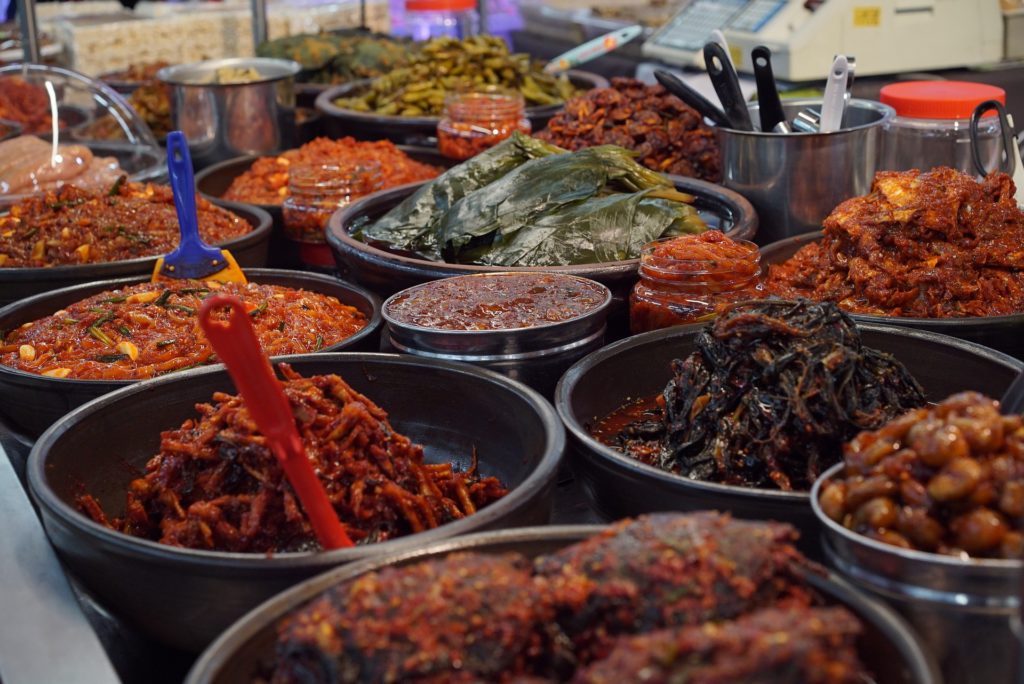- Camping offers physical and mental benefits but requires careful preparation and equipment beyond essential gear.
- Navigation tools, both digital and analog, and a whistle are necessary for safety and direction.
- A comprehensive First Aid Kit can address injuries and prevent complications in remote outdoor settings.
- High-energy snacks and reliable water sources are vital for maintaining energy levels and hydration during camping.
Camping offers tremendous benefits for individuals, both physically and mentally. Immersion in nature has been linked to reduced stress levels, with a Stanford study showing that participants who walked in nature experienced lower anxiety and rumination levels than those who walked in an urban environment. Physically, activities associated with camping, such as hiking, swimming, and canoeing, can burn between 120 – 300 calories per half hour, according to Harvard Medical School. Furthermore, a study published by the University of Exeter found that people living closer to nature had reduced mortality rates. These significant benefits underline the importance of incorporating outdoor adventures like camping into people’s lifestyles.
However, the people who head out camping without proper preparation often find themselves stranded in the middle of nowhere. For this reason, planning and equipping yourself with the essentials beforehand is essential. Beyond the necessary camping gear and supplies, here are a few underrated essentials that you should consider to ensure your survival while camping.
Navigation Tool
Navigation tools are integral to any camping trip, particularly when venturing into remote areas. The importance of these tools cannot be overstated, as they can be lifesavers when you find yourself lost or turned around. A good old-fashioned compass and physical maps provide reliable directions without a cell signal. In the age of technology, GPS devices have become increasingly popular; they are accurate and intuitive and often come with additional features such as trackback functions and trip recording.
Additionally, apps like Google Maps or AllTrails can be beneficial, offering downloadable maps for offline use. However, it’s prudent to remember that while digital tools are convenient, they are susceptible to battery failure or signal loss. Therefore, a balanced combination of analog and digital navigation tools can prepare you for all eventualities.
Another navigation tool that often goes overlooked is a whistle. A loud whistle can be heard up to 1 mile away and is an excellent way of signaling for help when in distress. However, it’s essential to remember that three consecutive whistle blasts are an internationally recognized signal of pain and should only be used when necessary.
First Aid Kit
A First Aid Kit is vital to any camping checklist, as unexpected injuries can occur in the great outdoors, far from immediate medical assistance. From minor cuts or bruises to severe fractures and burns, a well-equipped First Aid Kit can help manage the situation until professional help arrives. It not only provides immediate relief but also prevents further complications like infections.
Bandages and Dressings
A variety of bandages and dressings should be included in your kit. Adhesive bandages are helpful for minor cuts and scrapes, while sterile gauze pads and adhesive tape can cover more extensive wounds and help stop bleeding. Elastic bandages can support sprained or bruised joints.
Antiseptics and Ointments
Antiseptics, like hydrogen peroxide or alcohol wipes, are necessary for cleaning wounds to prevent infection. Antibiotic ointments can help heal minor cuts, burns, or skin infections.
Pain Relievers and Medications
Over-the-counter pain relievers, such as ibuprofen or acetaminophen, can help with pain or inflammation. Antihistamines for allergic reactions and any necessary personal medications should also be included.
Tools and Accessories
Include a pair of tweezers for removing splinters or ticks, a digital thermometer to check for fever, and medical gloves for hygienic treatment. A first aid manual or instruction booklet can also be beneficial, especially for those less experienced with first aid.
Extra Snacks and Beverages
Maintaining energy levels and staying hydrated during camping is crucial; this is where extra snacks and beverages come into play. Snacks help replenish lost energy during strenuous outdoor activities and provide a quick and easy meal solution when cooking isn’t possible. For this reason, selecting the correct snacks high in proteins, carbohydrates, and healthy fats is vital.
Energy bars, trail mix, dried fruits, and nuts are excellent choices as they are lightweight, non-perishable, and packed with essential nutrients. Jerky is another protein-rich option that is easy to pack and carry.
Beverages, on the other hand, are essential for staying hydrated. Water is, of course, the most important, and having a reliable source of clean water is critical. When unsure of the water’s purity, a high-quality portable water filter can be a lifesaver. It’s a compact and lightweight option that ensures you have access to clean, drinkable water no matter where you are.
For alternative options, consider carrying hydration sachets or sports drinks that replace lost electrolytes and boost energy levels. Remember, dehydration can lead to serious health issues, so prioritizing fluid intake during your camping trip is paramount.
Final Thoughts

While camping can be a fun and rewarding experience, it’s crucial to remember that nature is unpredictable, and being prepared for the unexpected is essential. These underrated essentials serve as additional protection layers and ensure a safe and enjoyable camping trip. So, pack these often overlooked items and your other camping gear next time you venture into the great outdoors.




